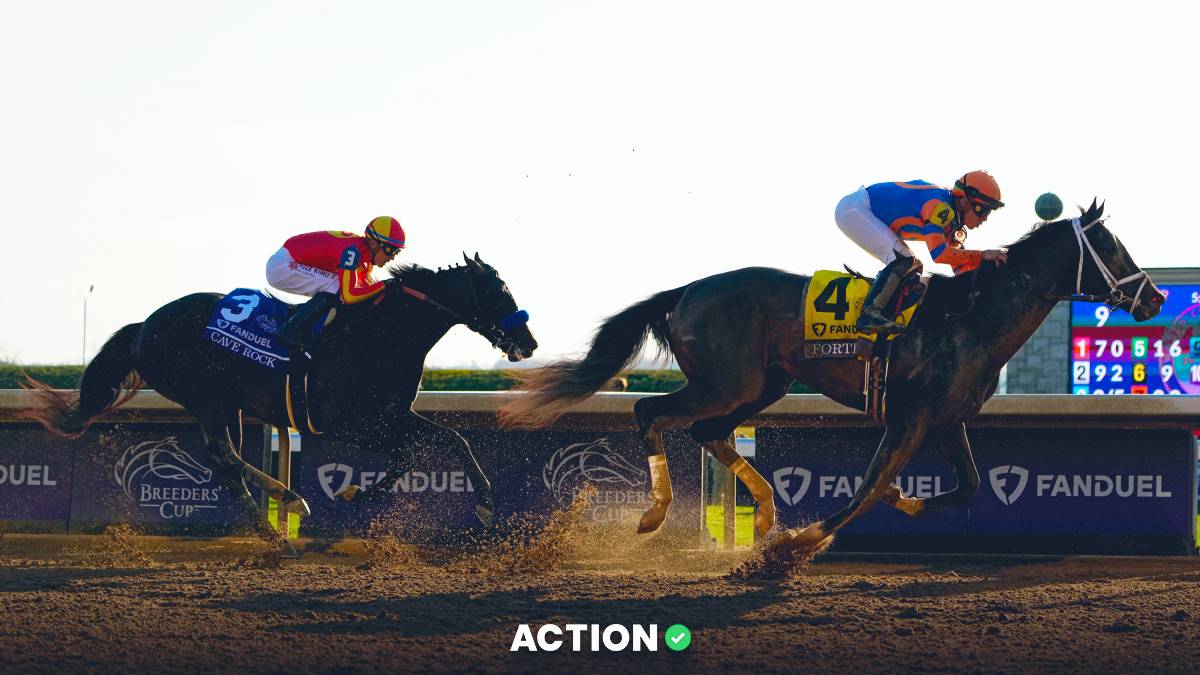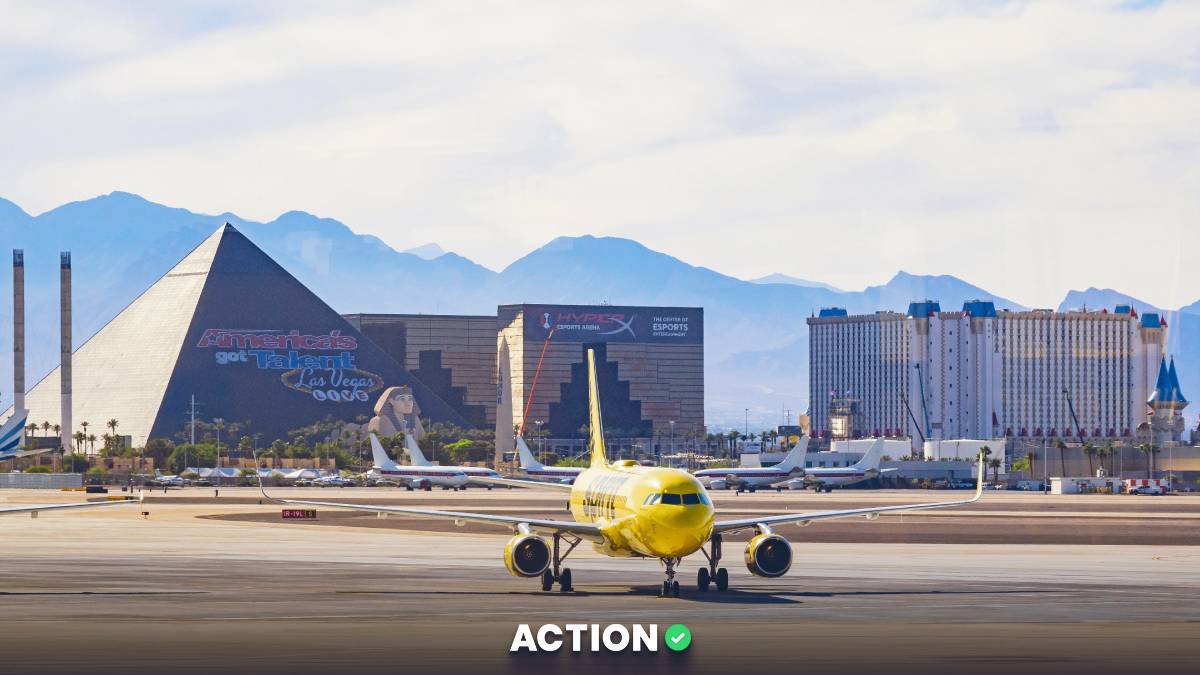Accel Entertainment unveiled plans for its racino at the horse track formerly known Fairmount Park during the Illinois Gaming Board meeting on Thursday, targeting an opening of its temporary casino before the Kentucky Derby next May.
Accel reached an agreement to purchase Fairmount Holdings, which owns the FanDuel Sportsbook & Horse Racing track in Collinsville, for $35 million in July. Accel plans to invest an additional $90 million in converting the venue into a single-site horse racing track as part of an eventual racino. It made its presentation to the IGB prior to the stage agency voting to transfer the organizational and master sports wagering licenses from Fairmount Holdings to Accel, with the sports wagering license also renewed through October 2028.
The plans are the first real steps taken toward constructing a racino in the western part of the state near the Missouri border, with previous plans scuttled by both the COVID-19 pandemic and the lack of a specific timeline for action from the Fairmount Holdings group. That relative inaction was met with frustration from both the Illinois Gaming Board and its counterparts at the Illinois Racing Board.
Horse tracks were allowed to expand into racinos as part of the 2019 gaming expansion bill that legalized sports wagering in Illinois, but the horse racing industry has struggled to gain traction in this area. The state has only two remaining tracks, FanDuel Sportsbook & Horse Racing and Hawthorne Race Course, after Churchill Downs shuttered Arlington Raceway and eventually sold the property to the Chicago Bears for $197.2 million in September 2021.
Accel Hopes to Open Permanent Racino in 2028
Accel, which is also one of the largest operators of video gaming terminals (VGTs) in Illinois, is looking to establish 200 gaming positions comprised of slots and electronic table games in the temporary venue.
It said it has contracts in place to break ground in November, shortly after completion of the racing season, and hopes to have temporary casino gaming available on the first day of racing next April. The first phase of the racino would create 150 construction jobs and add 100 employees to the current 350-strong workforce.
Accel's Phase 2 plans called for expanding the casino gaming area to have 600-plus slots, a high limit room and between 18 to 24 table games, with the potential to create an additional 200 jobs. Accel also will look to expand the retail sports betting space at the venue, as well as find locations in the surrounding area where it can offer retail sports wagering at three horse racing off-track betting locations allowed by the 2019 expansion bill.
Hawthorne opened the last of its three OTB retail sportsbooks in January 2023 in Villa Park, and its $20.8 million in retail handle through the first eight months of 2024 at the track and its OTBs in Villa Park, Prospect Heights and Crestwood is nearly triple the $7.2 million generated at Fairmount Park.
Hawthorne has also moved forward in fits and starts for its planned racino, as CEO Tim Carey continues to finalize financing plans for the $400 million venture. The track, located in the south Chicago suburb of Stickney, had demolition work in the lower grandstand area performed in 2020 and 2021, but Hawthorne has yet to move beyond that point while serving as a year-round venue for thoroughbred and harness racing.
Total horse racing handle when including OTB locations has totaled close to $137 million this year, down 7.7% compared to the first nine months of 2023.
Grand Victoria Casino Gets License Renewal
The IGB also unanimously voted to renew the license of Grand Victoria Casino for four years through October 2028.
The Elgin-based venue ranks second among the state's 15 casinos for adjusted gross revenue in 2024 with close to $95 million in the first eight months of the year. That is down 5.2% from the same span last year despite admissions increasing by 1% to 624,200.
Senior Vice President and General Manager Rolando Guerrero led Grand Victoria's presentation to the board. He pointed out that women occupied roughly two-thirds of the leadership positions at the casino and there was more than 40% minority representation in overall leadership positions. Grand Victoria committed $11 million in capital investments from 2020-23, with the bulk of that going into surveillance, safety and infrastructure.
It has also committed another $3.5 million to infrastructure for this year and 2025. Grand Victoria noted that 65% of its $47.2 million in purchases were made with Illinois-based vendors, and the 37% of its non-exempt vendor spend with minority-owned businesses — roughly $7.8 million — well surpassed the IGB's requirement of 23%.
VGT Players May Soon Be Able to Self-exclude
IGB Administrator Marcus Fruchter proposed a rule that would allow bettors to self-exclude themselves from video gaming terminal (VGT) play, looking to bring the vertical on par with casino gaming and sports wagering as part of its responsible gambling platform.
Illinois is the No. 1 market for video gaming terminals, with nearly 49,000 currently in operation at nearly 8,700 locations statewide. Over 99% of those terminals have technology that allows $4 max bets.
"Funds in," which is the amount bettors put into the VGTs, has exceeded $1 billion twice in the first eight months of 2024, with the overall amount totaling $7.7 billion. Sports betting handle is only slightly higher at $8.2 billion in the same time period.
Video gaming terminal play is the largest source of gaming tax in Illinois, with state taxes from Net Terminal Income totaling $582.8 million in the first eight months of the year. By comparison, casino tax revenue for the state has totaled $196.4 million and sports wagering $118.8 million in those same spans.



















































